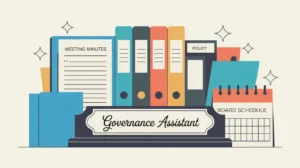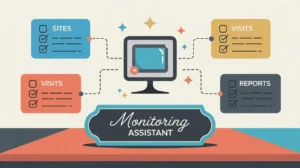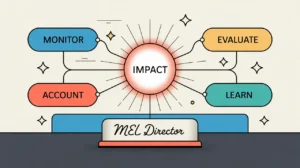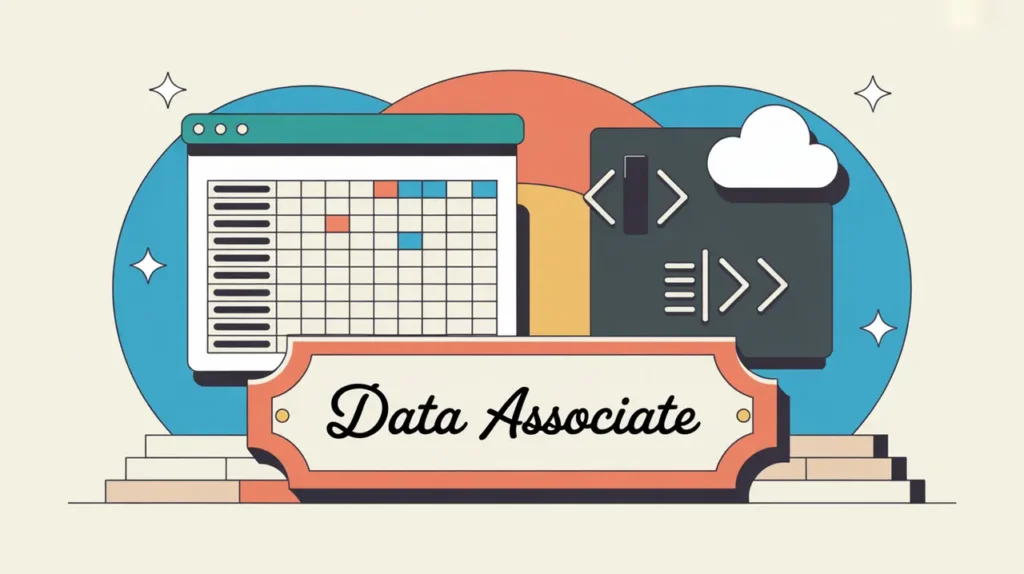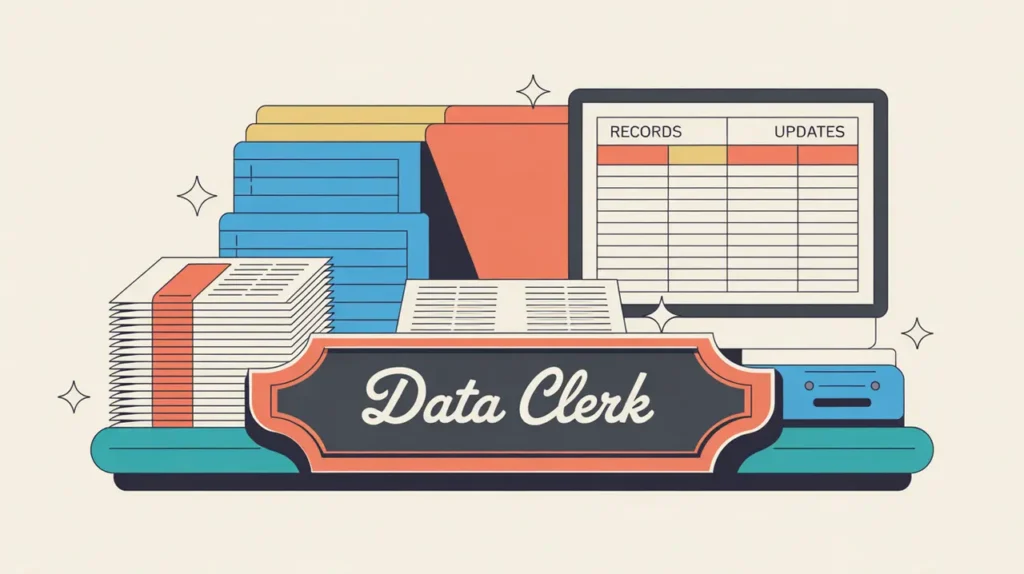What Does the Program Assistant Role Involve?
A Program Assistant is responsible for providing administrative, logistical, and coordination support to program teams to ensure smooth implementation of activities. They help manage schedules, documentation, communications, data entry, and reporting, enabling program staff to focus on strategic delivery. Program Assistants often act as key organizational points of contact within program units, ensuring that information flows efficiently between internal teams and external partners.
In nonprofits and social enterprises, Program Assistants play a foundational role in program operations, helping maintain the consistency, quality, and timeliness of program activities.
At What Level does this Role Operate?
Entry Level: Program Assistants typically operate under the supervision of a Program Officer, Program Manager, or Team Lead. Their responsibilities are focused on execution and administrative support rather than program design or strategic planning.
Relative Employability: Program Assistant roles are widely available across nonprofits, foundations, development agencies, and social enterprises. They offer a common entry point into the social impact sector for individuals with strong organizational and coordination skills.
Relative Pay Scale: Program Assistants generally sit within the lower pay bands, aligned with administrative and operational support roles. Compensation may increase with experience, specialization, or progression into officer or managerial positions.
What are the Key Responsibilities and Activities?
- Provide administrative and logistical support for program activities, including scheduling, travel coordination, and event planning
- Assist in maintaining program documentation, databases, and filing systems
- Support data entry, monitoring, and reporting processes
- Draft and format correspondence, presentations, and basic reports for internal and external use
- Coordinate communications between program teams, partners, and stakeholders
- Track program timelines, deliverables, and budgets, flagging delays or issues to supervisors
- Assist in organizing meetings, workshops, and community engagement activities
- Support the preparation of grant or donor reports by compiling relevant data and documentation
What Core Competencies and Qualifications are Needed?
Required Qualifications and Experience
The following reflect common qualifications and experience expected for this role, while recognizing that pathways may vary by context, organization, and region.
- Relevant academic background in administration, social sciences, international development, or related fields
- Experience in administrative support, program coordination, or similar roles (internships or entry-level experience is often sufficient)
- Familiarity with basic program management, reporting, and communication tools
- Strong organizational and documentation skills
Key Competencies
- Excellent organizational and multitasking abilities
- Strong written and verbal communication skills
- Attention to detail and accuracy in documentation and data entry
- Ability to work collaboratively across teams and with external partners
- Proficiency with office software, databases, and digital communication platforms
- Reliability and initiative in supporting program operations
How are AI and Automation Shaping this Role?
An AI-native Program Assistant can use AI tools to automate scheduling, data entry, and document preparation, reducing time spent on repetitive tasks. AI can generate meeting notes, flag upcoming deadlines, and support basic reporting by compiling data from multiple sources. Workflow automation can improve coordination across teams, allowing Program Assistants to focus more on meaningful engagement and problem solving within program activities.
What Career Pathways and Transferable Skills are Associated with this Role?
Program Assistants can progress to roles such as Program Officer, Program Manager, Monitoring and Evaluation Associate, or Operations Coordinator. Their skills in coordination, administration, and communication are transferable to a wide range of roles in program management, partnerships, operations, and strategy. With experience, they may take on greater responsibility for program delivery, stakeholder engagement, or grant management.


